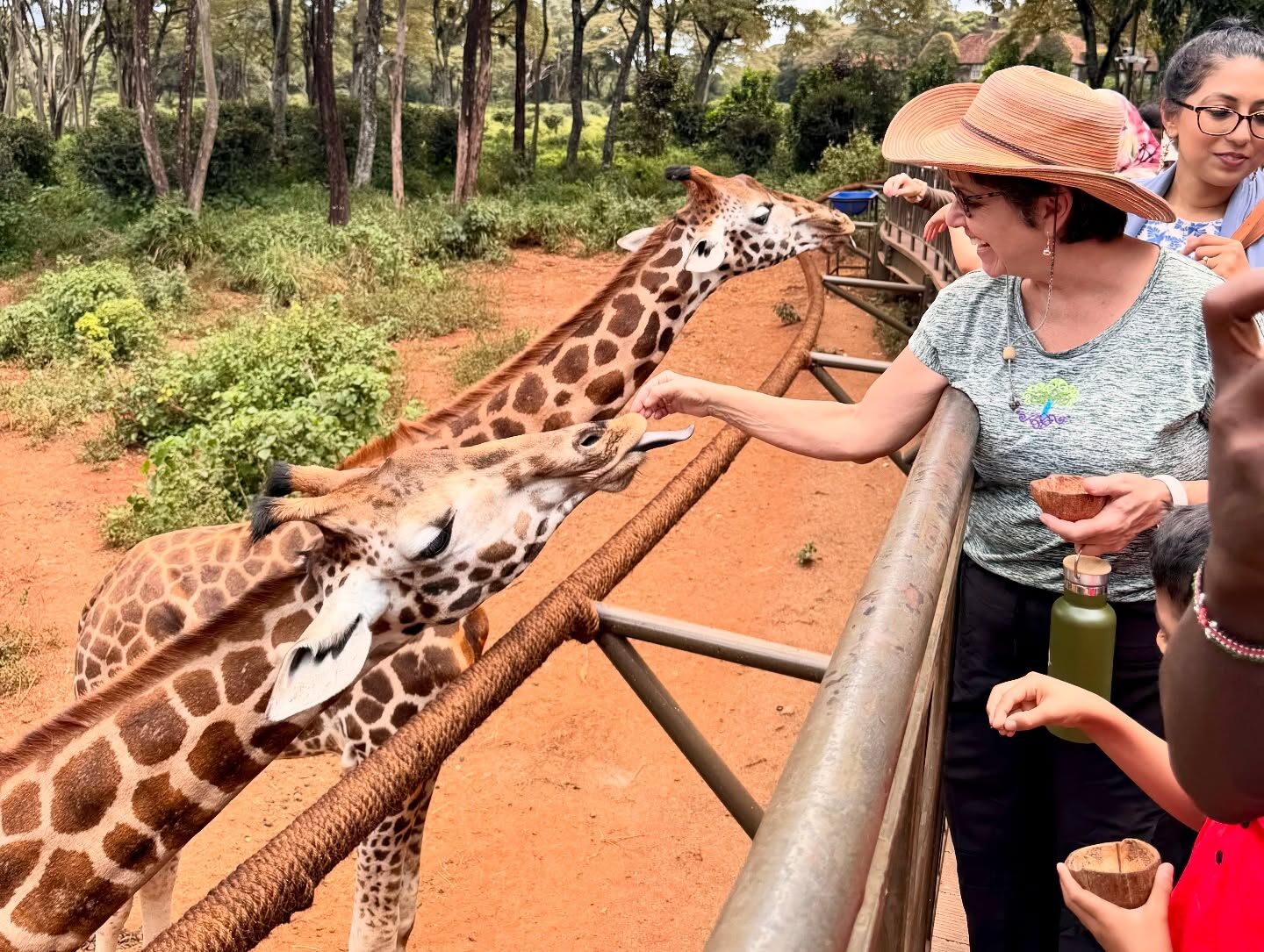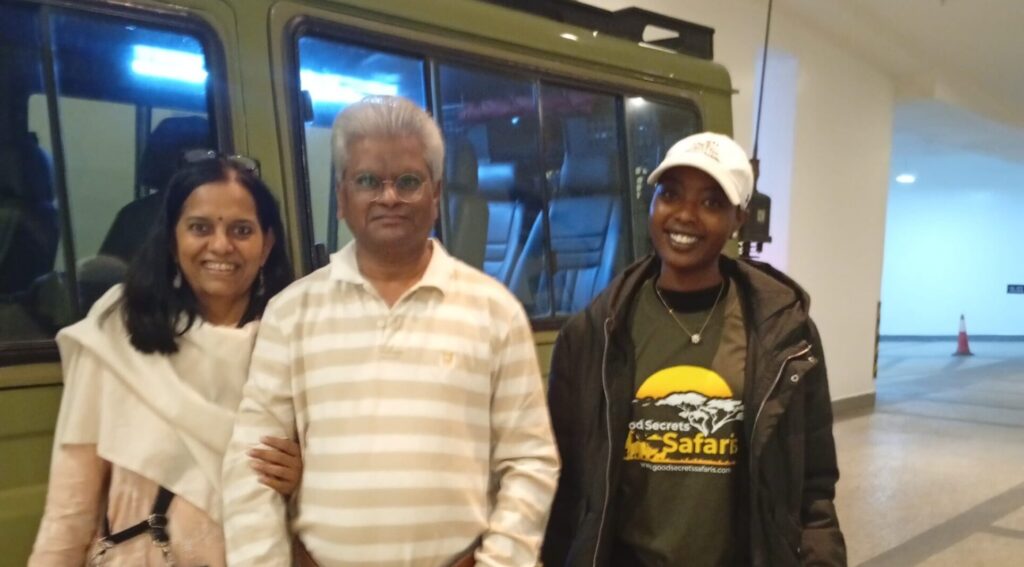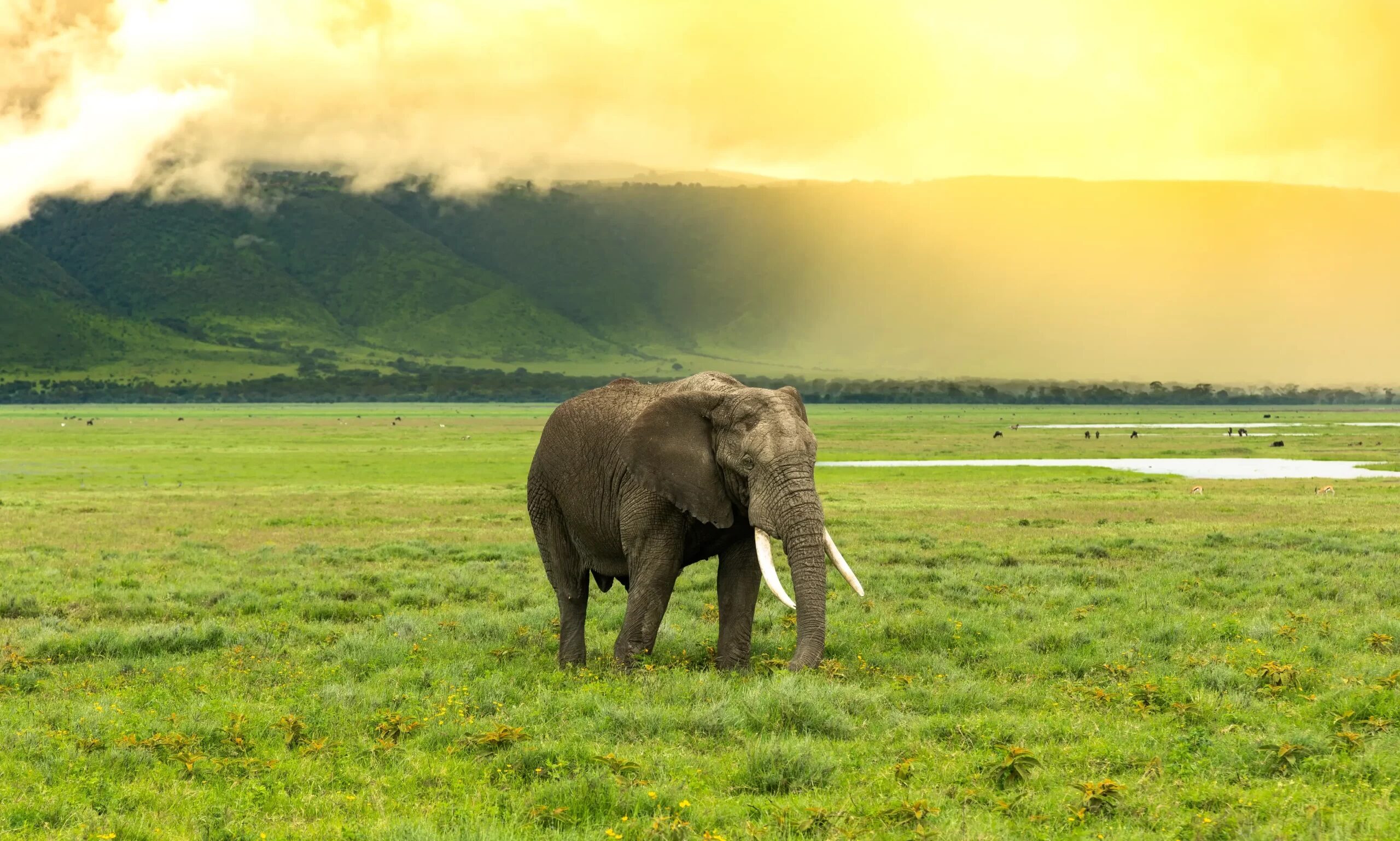Summary:
When it comes to senior travelers heading for a safari in Kenya or Tanzania, one topic that always deserves more attention is medical preparedness. I’ve seen how even the most adventurous seniors can overlook simple things like travel insurance details or local medical response times. In this post, I’ll share what I’ve learned about getting reliable medical support, choosing the right insurance, and planning safaris that feel both exciting and safe — especially if you’re a little older but still full of wanderlust.
The first time I organized a safari for an elderly couple from Australia, I learned something the hard way. We had planned every game drive down to the minute, but I completely forgot to check whether their insurance covered medical evacuation from remote areas. When the husband got mild dehydration in Amboseli, it hit me: the nearest major hospital was hours away. Thankfully, we managed just fine with AMREF Flying Doctors coverage, but that incident forever changed how I plan safaris for older travelers.
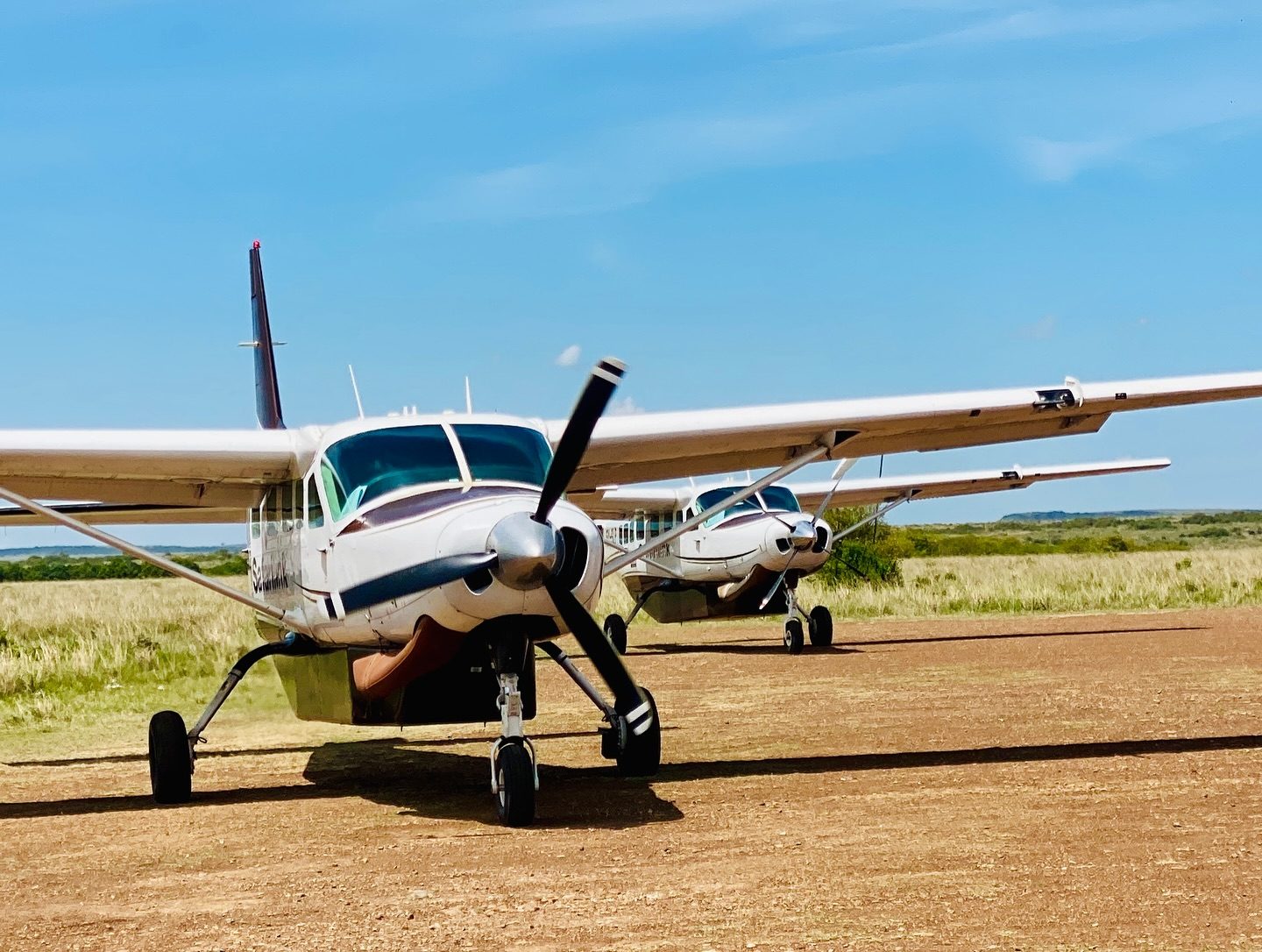
Why medical planning matters more in the wild
Kenya and Tanzania have incredible medical facilities in cities like Nairobi, Arusha, and Dar es Salaam, but once you’re out in the bush, things get sparse. A small scratch or sunburn can turn serious faster than you’d think in that heat. I always tell my clients — pack medications like they’re your best friend. Bring extra prescriptions, and always, always store them in a waterproof container.
And here’s the truth: most senior travelers don’t need fancy medical setups, just awareness. Dehydration, altitude, and long drives are the biggest culprits. Once, a guest felt dizzy in the Ngorongoro Highlands because of altitude changes — nothing serious, but it reminded me that health planning isn’t about fear, it’s about comfort.
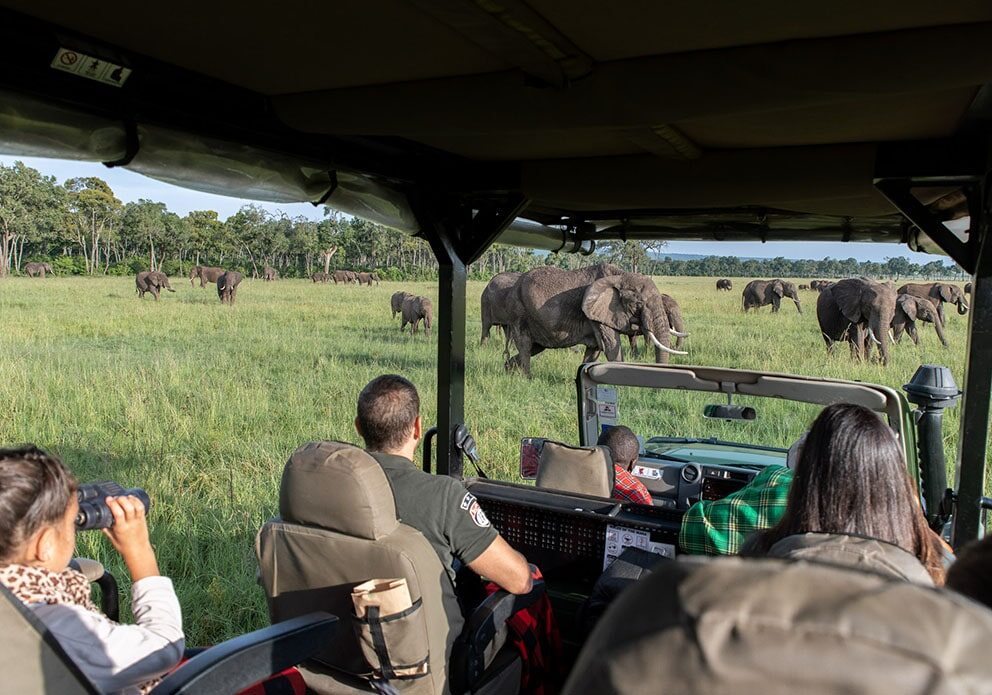
The role of travel insurance (and what most people miss)
If there’s one thing I can’t stress enough, it’s getting comprehensive travel insurance that covers medical evacuation. Many travelers assume their regular insurance will cover them abroad, but Africa’s safari parks are not like city hospitals. Some of the best companies I’ve seen clients use are World Nomads, Allianz, and Travel Guard, all of which include air evacuation options.
I always recommend adding AMREF Flying Doctors coverage, even for short trips. It’s relatively inexpensive and provides air ambulance services across East Africa — trust me, it’s a lifesaver.
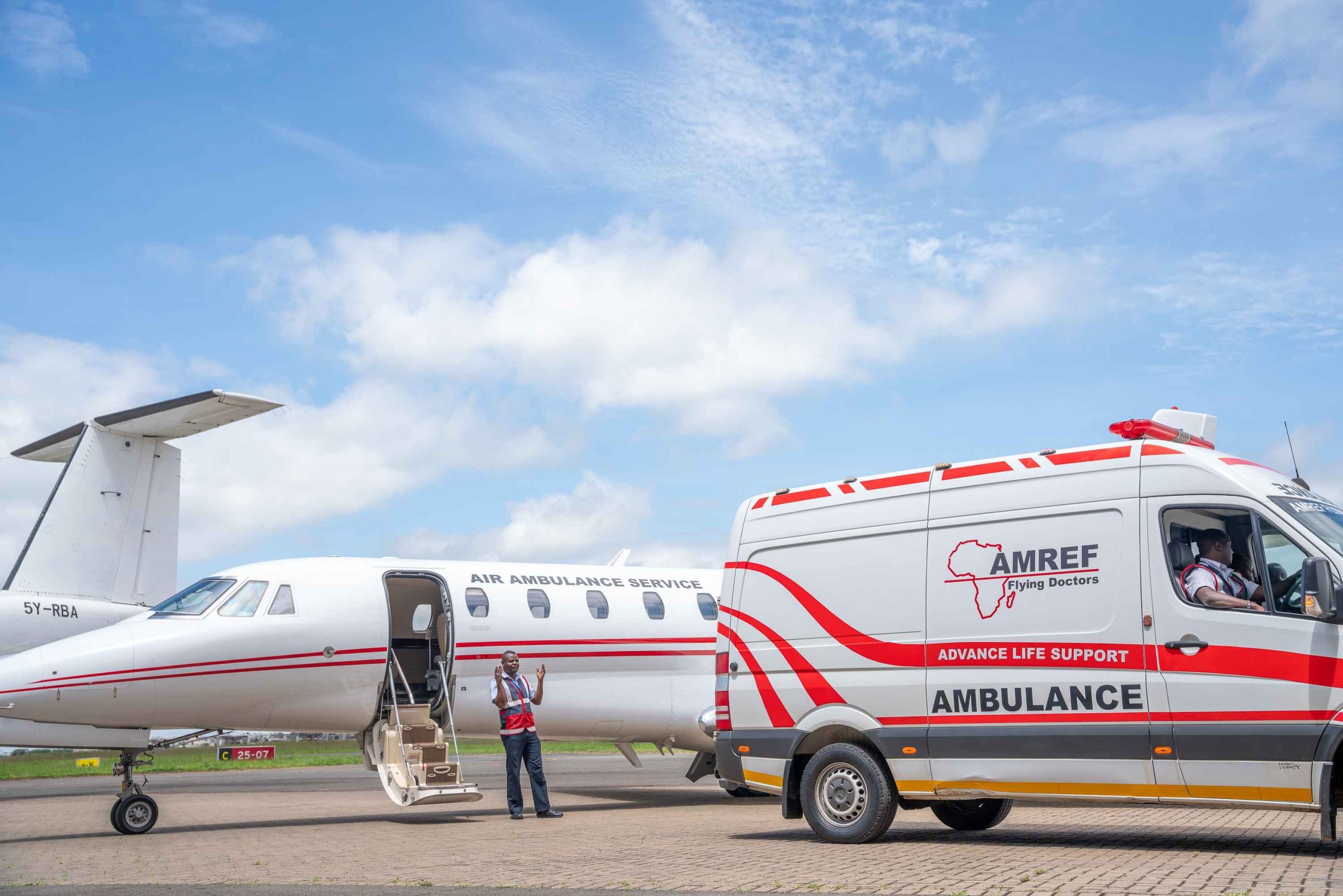
Lodge and camp medical readiness
One of my favorite things about midrange and luxury lodges in Kenya and Tanzania is how prepared they are. Most have trained first-aid staff, radio links to doctors, and emergency response protocols. I remember at Serena Mara Lodge, one of the staff members calmly handled a guest’s allergic reaction with such grace it felt like a hospital on wheels.
Still, don’t assume every lodge is ready. Always ask these three questions:
- Do you have first-aid trained staff on site?
- What’s your nearest medical evacuation point?
- Do you work with AMREF or another emergency provider?
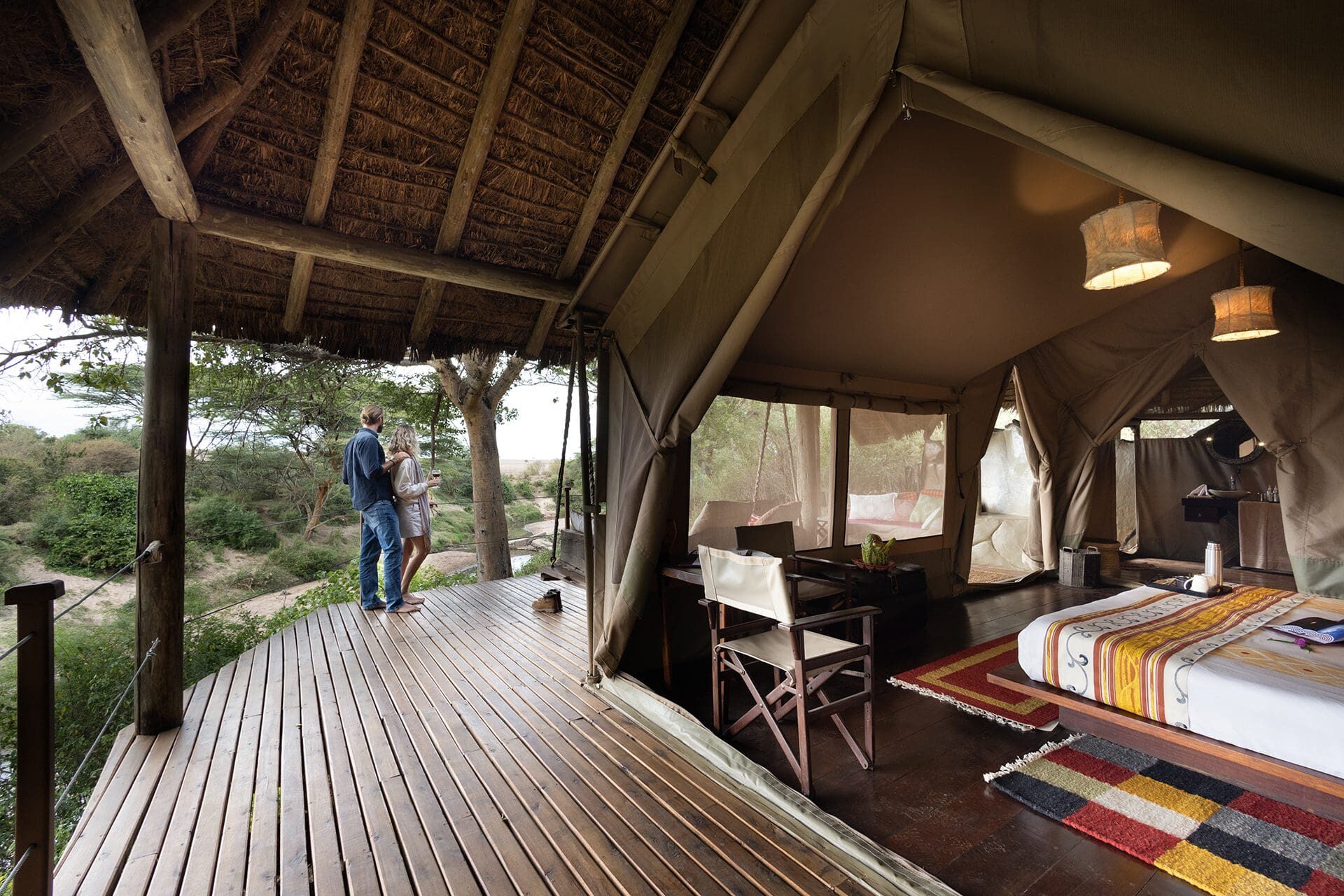
Tips I’ve learned the hard way
- Carry a doctor’s note listing your prescriptions — customs can be tricky.
- Keep a copy of your insurance policy and emergency contact handy (both paper and digital).
- Avoid self-medicating for altitude or stomach issues without checking with your doctor first.
- If you have heart or mobility concerns, avoid extremely remote lodges on your first safari.
Wrapping it up
After years of planning safaris, I’ve realized older travelers don’t want “easy” trips — they want well-prepared adventures. Medical support and insurance aren’t just safety nets; they’re confidence boosters. When you know you’re covered, you can actually relax and watch that elephant herd at sunset without worrying about what-ifs.
So before you pack your camera and sun hat, make sure your medical and insurance checklist is rock solid. Africa is wild, yes — but it’s also wonderfully accommodating when you plan smart. Plan Your Senior Safari With Us Today. Check Our Sample Senior Safari Itineraries here.

